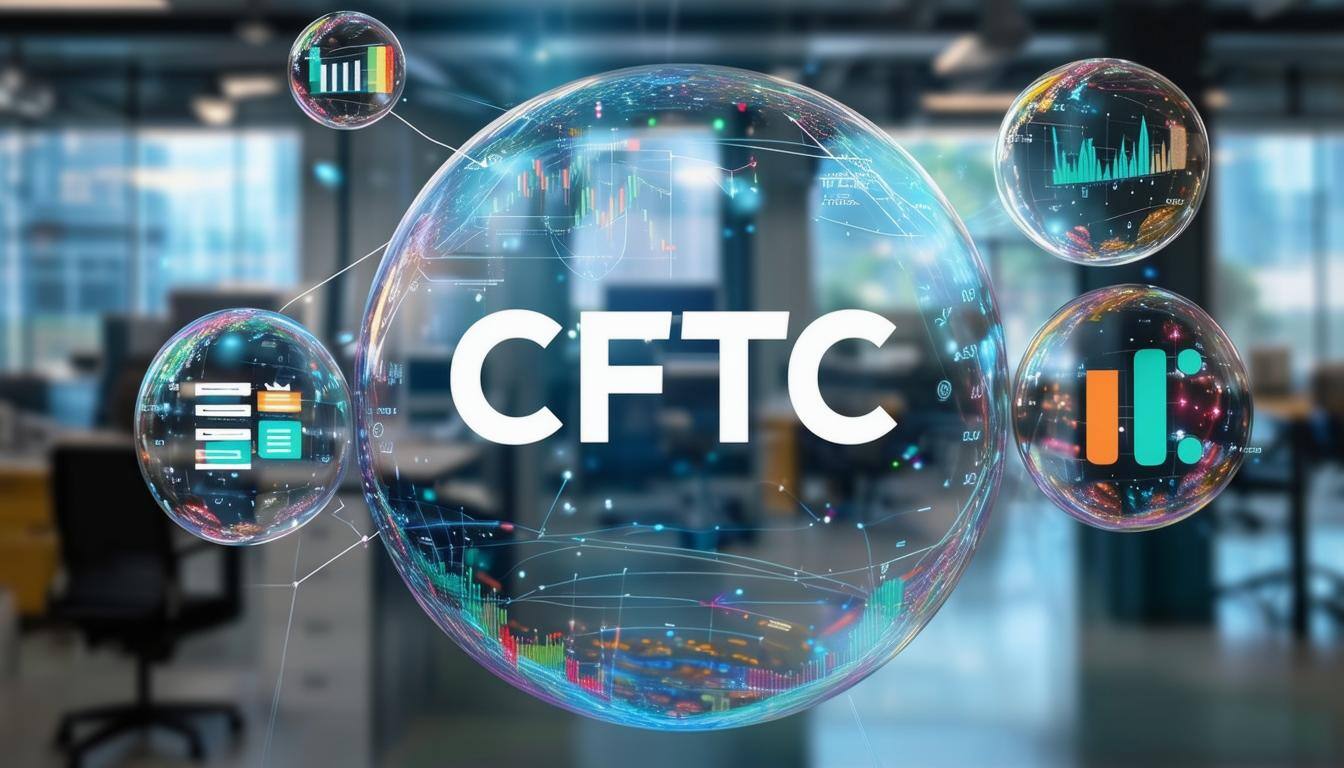
The regulatory picture in the United States regarding crypto has been gaining clarity in recent months, following the issuance of the "Executive Order on Ensuring Responsible Development of Digital Assets” by President Biden in early March.
One aspect becoming increasingly clear is which agency will be taking the lead on crypto regulation, and that appears to be the Commodities and Futures Trading Commission (CFTC).
Shortly after the executive order was issued, the Digital Commodity Exchange Act of 2022 was introduced in Congress. This bill gave the CFTC regulatory oversight over spot digital commodity exchanges, market intermediaries, and stablecoin providers.
Another step in the CFTC's favor was the June introduction of a Senate bill that would similarly give it the authority to regulate a large portion of the crypto market. While that bill has so far gone nowhere, it was an early signal of which way the regulatory winds were beginning to blow.
Named the "Responsible Financial Innovation Act," this bill proposed giving the CFTC jurisdiction over all digital assets that are not explicitly securities. It would also codify the Howey Test for determining if a transaction qualifies as an investment contract – and thus is a security. Created by a 1946 Supreme Court decision, the Howey Test is the tool the SEC uses to claim that cryptocurrencies are securities and thus fall under its jurisdiction. Additionally, the bill includes provisions for regulating stablecoins and calls on the Federal Energy Regulatory Commission to study the impact of crypto on energy consumption and the environment.
The CFTC itself has not been shy about its desire to increase its regulatory authority over crypto, with Chairman Rostin Behnam positioning his agency to take advantage of the push for the increased regulation of digital assets. Among the many moves Benham made was the announcement late last month of the creation of the “Office of Technology Innovation." This office replaces the CFTC's existing fintech team, the LabCFTC initiative, with a more formal structure led by a director who reports to the agency chair.
This move came about a week before the Senate announced another bill to expand the CFTC's authority over crypto. The newer bill, titled the "Digital Commodities Consumer Protection Act of 2022," is similar to the June Senate bill and the April House bill in one key way: it too would give the CFTC regulatory power over cryptocurrencies. This bill would achieve this by defining the concept of a "digital commodity" (which would include cryptocurrencies like bitcoin) and creating several new entity registration categories specific to digital commodities. Grouped under the umbrella of "digital commodity platforms," these new categories include “digital commodity broker," "digital commodity custodian," digital commodity dealer," and "digital commodity trading facility."
Like the Responsible Financial Innovation Act, it is unlikely that the Digital Commodities Consumer Protection Act will make it into law in 2022 given the existing legislative calendar and upcoming midterm election. Not only does it need to make its way through the committee process before it goes to the full Senate floor for a vote, there has been limited activity in the house, with the Digital Commodity Exchange Act of 2022 waiting to be acted on by the Subcommittee on Commodity Exchanges, Energy, and Credit since May.
Still, it is increasingly likely that some legislative action regarding digital asset regulation will take place in 2023. Even though new bills will need to be introduced, with potentially different provisions, there’s no reason to expect Congress to change its mind on which agency will be named as the regulator given that the existing bills were all proposed on a bipartisan basis. Whatever final shape regulations take, the CFTC will likely remain Congress’ agency of choice when it comes to regulating cryptocurrencies and digital assets – at least those that don’t qualify as securities.
For institutions in particular, the practical implications are that much of the existing regulatory uncertainty will soon be cleared up, reducing risk and simplifying compliance. Once regulations are published, it will be possible to create long-term digital asset strategies that currently may not be viable due to regulatory uncertainty. Regulatory certainty should also increase demand for digital assets among more conservative investors who are avoiding the asset class due to their lower risk tolerance.
Want to learn more about digital assets before you take the next step forward? Our ebook, “The Digital Asset Data Guide for Financial Professionals,” explains why you need digital asset data to be successful, the challenges with accessing it, how these can be overcome to gain an advantage in the crypto economy, and more.
Amberdata
Amberdata is the leading provider of global financial infrastructure for digital assets. Our institutional-grade solutions deliver data, analytics and comprehensive tools and insights that empower financial institutions to research, trade, and manage risk and compliance in digital assets. Amberdata serves as a...
